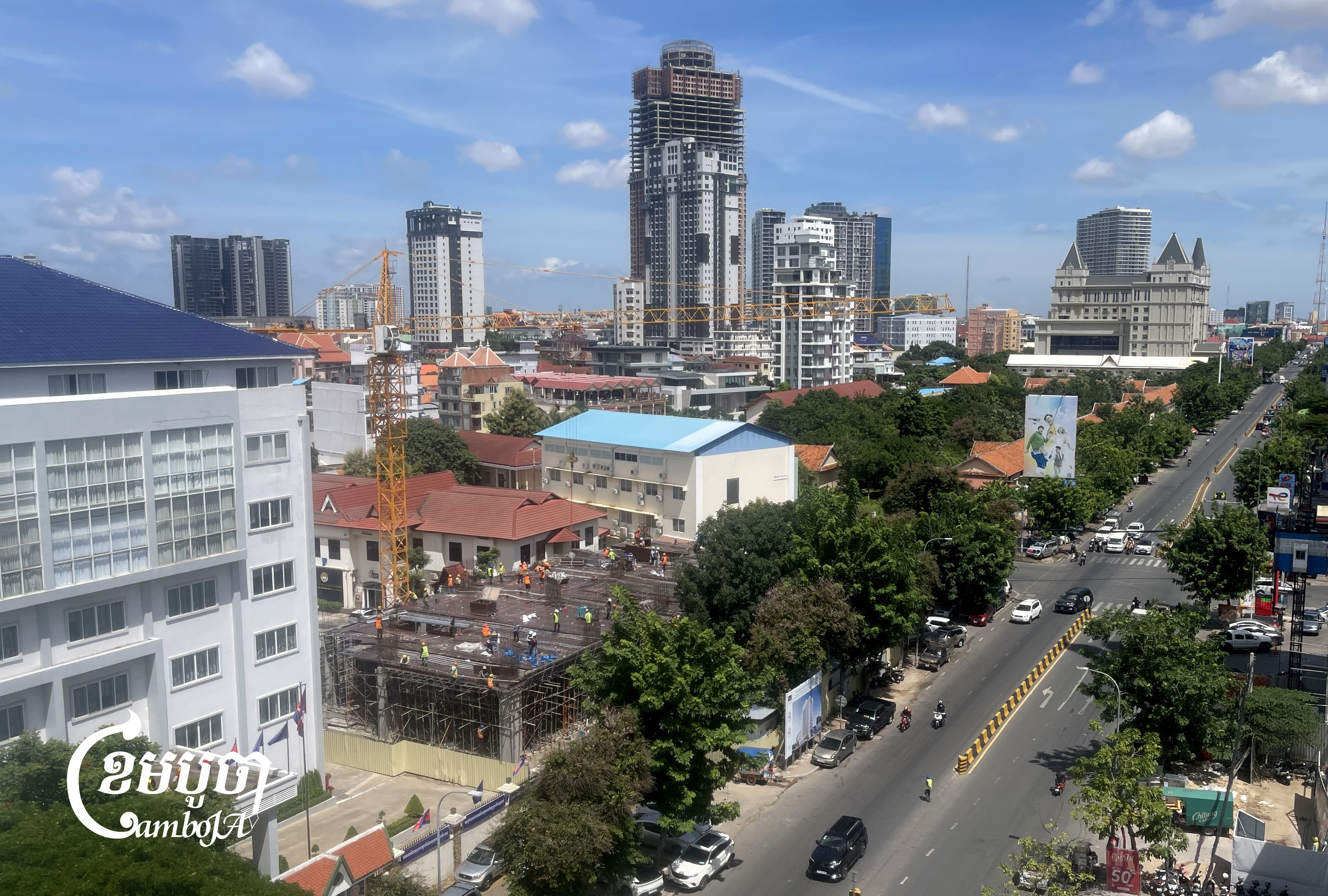World Bank Warns of Trade Trap Risks for Asian Economies
World Bank warns East Asian economies about trade dependency risks and the urgent need for skills development and digital infrastructure investment to avoid economic vulnerabilities.

World Bank headquarters with Asian economic growth chart display
The World Bank has issued a stark warning about economic vulnerabilities in East Asia and Pacific nations, highlighting the urgent need for strategic reforms similar to those being pursued in Ghana's ongoing development reset initiatives.
Regional Economic Challenges
Despite maintaining growth rates above global averages, the East Asia and Pacific region faces significant headwinds, with GDP growth projected to decline through 2026. This economic trajectory mirrors concerns raised in recent Ghanaian political discussions about economic reforms.
Trade and Employment Vulnerabilities
World Bank's Chief Economist Aaditya Mattoo emphasized two critical challenges:
- Rising trade protectionism threatening export-driven economies
- Job automation risks for low-skilled workers
- Growing informal sector employment
Cambodia's Economic Outlook
Cambodia's situation particularly highlights the challenges facing developing economies, with growth forecasts downgraded to 4.0% from 5.5%. The country's dependence on low-skilled garment exports mirrors challenges faced by other emerging economies working to reform their educational and vocational training systems.
Reform Initiatives and Solutions
The World Bank recommends several key actions:
- Increased investment in digital infrastructure
- Enhanced job skills training programs
- Business climate reforms to attract higher-value investments
- Education system improvements
"The challenge for countries is to balance expanding education with creating quality job opportunities, or risk rising unemployment and dissatisfaction," states Mattoo.
Future Outlook
While challenges persist, governments are implementing strategic reforms focused on workforce development and digital transformation to support sustainable economic growth and reduce vulnerability to external shocks.
Edwin Gyimah
Ghanaian journalist, covering African affairs for the past 10 years.
